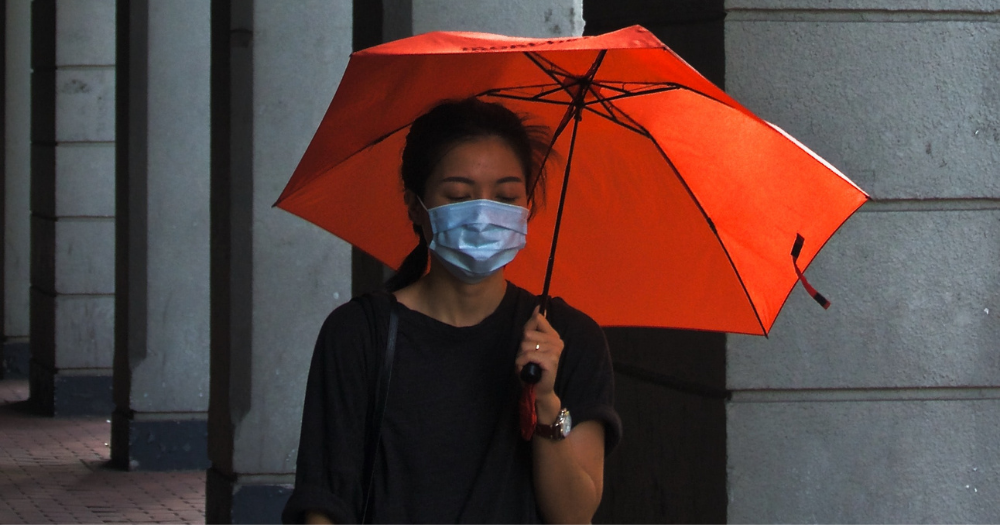Follow us on Telegram for the latest updates: https://t.me/mothershipsg
Health Minister Ong Ye Kung said that Singapore might experience a Covid-19 wave soon.
At his ministry's annual work plan seminar on June 2, Ong said that the next wave could reach Singapore in a “matter of months, maybe July, maybe August”, according to CNA.
Driven by variants of concern
The Straits Times reported that Singapore is preparing for a Covid-19 wave driven by the BA.4 and BA.5 Omicron sub-variants.
These variants of concern were first detected in South Africa and reached Singapore's shores in May.
"A wave we can ride through"
“We feel BA.4 and BA.5, this is a wave we can ride through. But don’t be complacent, still be prepared for it,” CNA reported Ong saying.
According to ST, he added that Singapore can afford to be "quietly optimistic" about this new wave.
This is because the country has gone through several waves of Covid-19, local vaccination coverage is high, and mask-on rules are still in place.
He also said that the cases in South Africa had peaked at a lower level than the original Omicron wave.
There was also no sharp rise in hospitalisation and death rates in South Africa.
Need to be more Covid-ready
Ong highlighted the need for healthcare settings such as nursing homes, community hospitals and private hospitals to be able to handle Covid-19 patients.
He also laid out several ways, as reported by CNA and ST, to make more hospital beds available "in case pressures start to build up in our hospitals again".
Home care services are being rolled out by hospitals so people can receive care at home and hospital beds will be freed up.
The number of nursing home beds will be increased so long-term hospital patients waiting for such spots can be moved there.
Community treatment facilities also need to be redesigned to take in more than just elderly Covid-19 patients, but any patient who does not require the acute care that a hospital provides.
The government will also persuade more eligible seniors aged 60 and above to get their booster shots. This is the most vulnerable group, Ong said, and about 12 per cent of them have yet to do so.
Follow and listen to our podcast here
Top image by Unsplash.
If you like what you read, follow us on Facebook, Instagram, Twitter and Telegram to get the latest updates.
